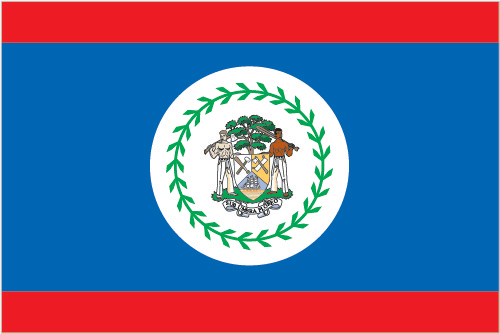Belize completed its TNA in 2017. Belize faces serious climate change challenges including rising sea levels and coastal erosion endanger low-lying areas, including critical tourism and fishing zones.
Coral reefs, including the Belize Barrier Reef—a UNESCO World Heritage Site—are under stress from ocean warming, acidification, and coral bleaching. Increasingly intense hurricanes and storms cause flooding, infrastructure damage, and agricultural losses.
Shifting rainfall patterns contribute to droughts and water scarcity, affecting rural livelihoods. These climate impacts undermine food security and biodiversity. Agriculture and tourism are Belize’s key sectors, with tourism and services contributing over 60% to GDP and agriculture employing almost a third of the population.
The rising sea levels are harming offshore aquaculture and in particular the coral reef, an economic calamity, as the reef is estimated to attract 80% of the country’s tourists. On land, the rising sea levels are claiming beaches and threatening the coastal zone where much of the country’s population, agriculture and infrastructure are located.
The TNA proposed an enabling framework that aims to install eight Marine Environmental Monitoring stations. These stations will help protect aquaculture by curtailing the risk of coral bleaching and will also help protect the coastal zone.
Belize’s Technology Action Plan proposes a pilot project to establish a rudimentary water system that will benefit 19,500 Belizeans and may be extended to the remaining villages
Belize’s TNA contributes to the following Sustainable Development Goals:







